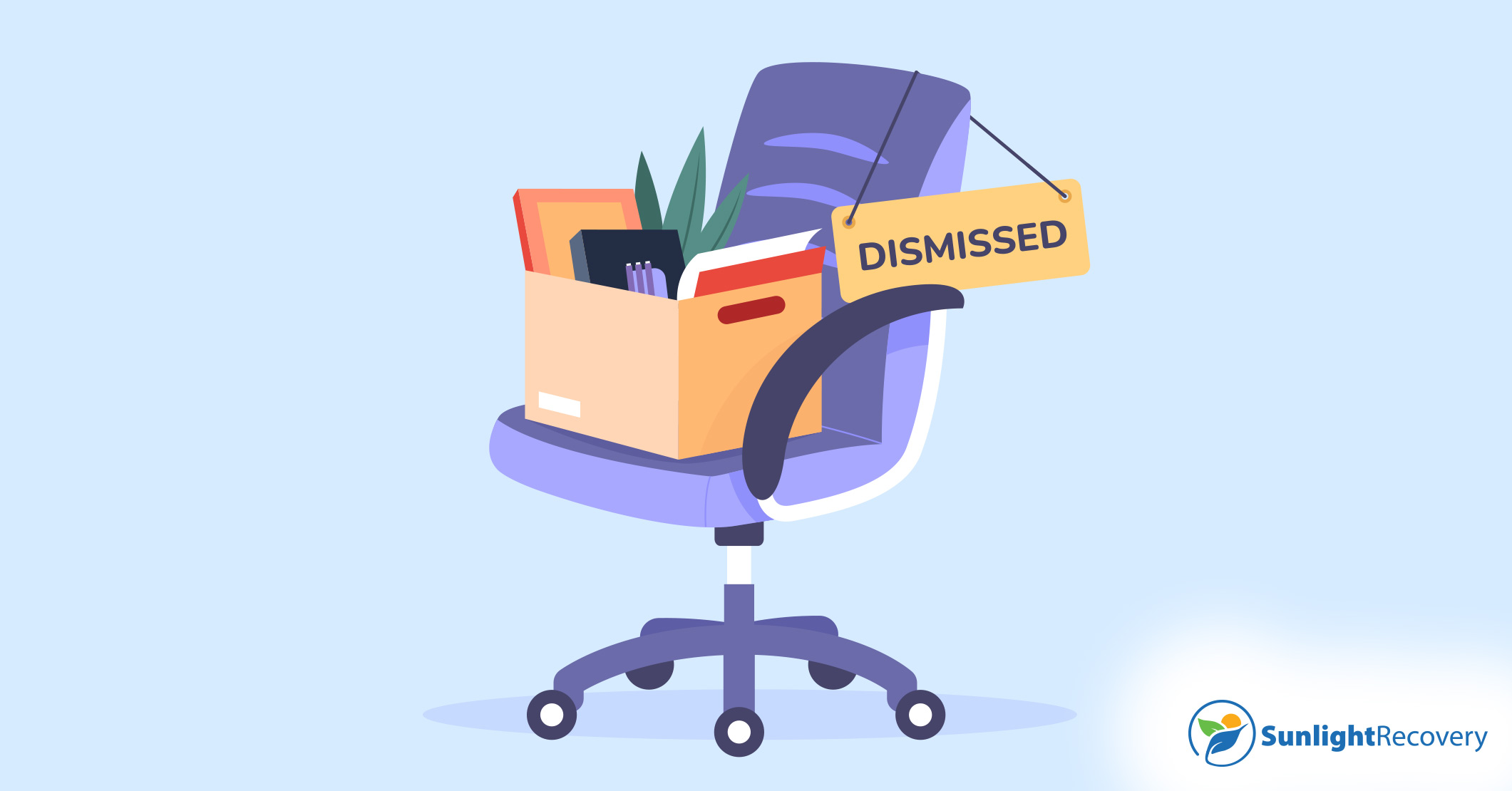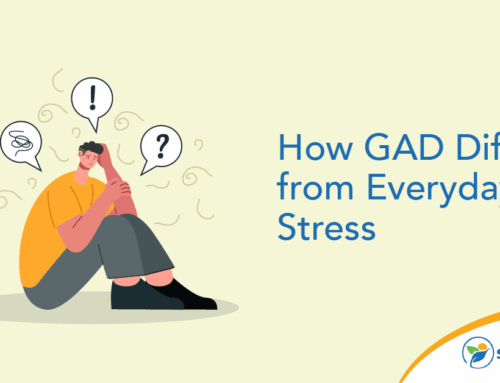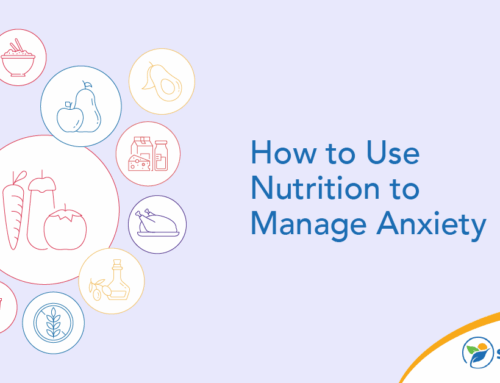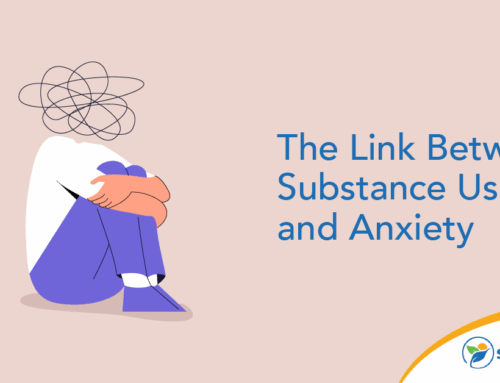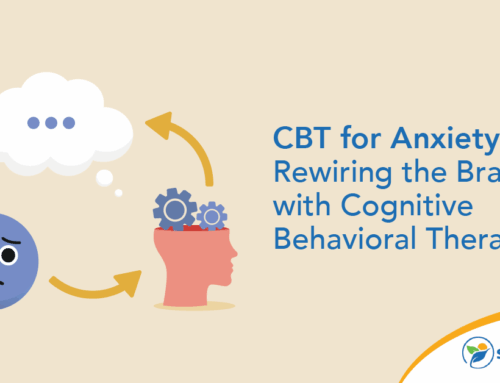Losing your job is a stressful and often overwhelming experience. In addition to the financial concerns related to job loss, you might question your abilities and feel unsure what to do next. As a result, your mental health can take a hit in the wake of a layoff, resulting in increased stress and feelings of anxiety and depression.
Understanding effective strategies for managing job loss stress can help you confront your new challenges with a positive outlook. Learn more about coping with job loss and boost your mindset during this time.
Acknowledging and Validating Emotions Post-Layoff
It’s normal to experience a range of emotions following a job loss. If the layoff occurred without warning, you can feel shocked and even scared of what the future may hold. Even in instances where a layoff was anticipated, you may feel anxious, depressed or sad about losing your job.
Whatever emotions you’re facing, it’s important to recognize that they’re valid feelings. You’ve experienced a loss — one that has an impact on your mental, emotional, social and financial well-being. Recognizing that the feelings you’re experiencing are to be expected is the first step in managing your emotional well-being post-employment.
Setting Realistic Expectations and Coping With Job Loss
Next, it’s essential that you set realistic expectations for the future. You can’t predict what lies ahead for your career, but you can be hopeful about what’s to come. Develop a timeline for your job search with milestones along the way. For example, you might need to update your resume or attend some networking events. Perhaps you can add to your qualifications by learning a new software program or building job-related skills during your time off. Set realistic goals to achieve during this lull in employment to make it productive and get you back on track.
Additionally, you can establish coping strategies to help you navigate this unstable time. One way to cope is by establishing a new routine post-layoff. You might consider waking up at the same time you did for work and starting your day with journaling, exercising or reading. Set blocks of time for different tasks that can help you land your next job, such as perusing job listings, writing cover letters or applying for jobs. Having a structured routine can help boost your mental health after a layoff.
Utilizing Support Systems for Emotional Well-Being
A strong support system is important during stressful times, so tap into your network when you’re coping with job loss. A 2022 study examined the impact of spontaneous, casual social interactions on stress levels, revealing that people can experience stress recovery after engaging with friends. Emotional support can make people stronger and more resilient when they’re facing difficult situations in life. So, effective strategies for managing job loss stress include staying connected with your community.
After a job loss, you’ll need a strong support system more than ever before, so reach out to family and friends to connect. Find someone you can talk to about your feelings. Perhaps you have a close friend who can offer words of encouragement or a colleague who’s been laid off and landed a new job. Your parent or partner can also provide the emotional support you need to get through this difficult time.
Expand your social circle during this time to boost your mood and distract yourself from the layoff. You can join an organization or club centered around a sport, topic or skill that interests you to meet some new people. Organize a dinner out with close friends you haven’t seen in a while. Take a walk through your neighborhood and chat with your neighbors. You can build connections and establish a positive mindset by staying engaged with your community.
Your support network can also include mental health professionals. If connecting with family and friends doesn’t seem to be helping, talk to a professional. Opening up to a counselor can allow you to process your feelings about the layoff and establish a path forward in your career.
Exploring New Opportunities and Personal Growth
Coping with job loss also requires pursuing new opportunities in your career. Take some time to reflect on where you are in your career and where you want to go. A layoff can open up new opportunities if you’re looking to shift fields or develop new skills. First, start by envisioning your career path moving forward, including companies or industries that appeal to you. Once you’ve envisioned your future, it’s time to work toward it.
Prepare yourself for a job search by reviewing your resume and identifying any potential gaps. Consider whether there’s a new skill you can learn during your time away from the office to make your profile even more attractive to potential employers. Many online courses are available these days, making it easy to learn a new skill from home.
Next, reach out to professional contacts who can support you in your job search. Perhaps you have colleagues at companies that are hiring and they can give you tips on landing a new job. Other people in your network may be willing to serve as a reference for you as you interview for new positions. Reaching out to your current professional network is an effective way to let people know you’re on the job market, which just might lead you to your next opportunity.
Finally, be thoughtful about the next step in your career. Consider your long-term goals and your personal values, and look for an opportunity that aligns with them. While you might jump to accept the first job offered to you, think about whether the opportunity matches your goals, your values and the lifestyle you’re seeking.
Seeking Professional Guidance for Mental Health Support
Caring for your emotional well-being post-employment is important. If you’re feeling overwhelmed after a layoff and need tips for coping with job loss, we’re here to help. Contact Sunlight Recovery for the mental health support you need to navigate a job loss. Our compassionate team is available to answer your questions 24-7, so reach out to us today.


